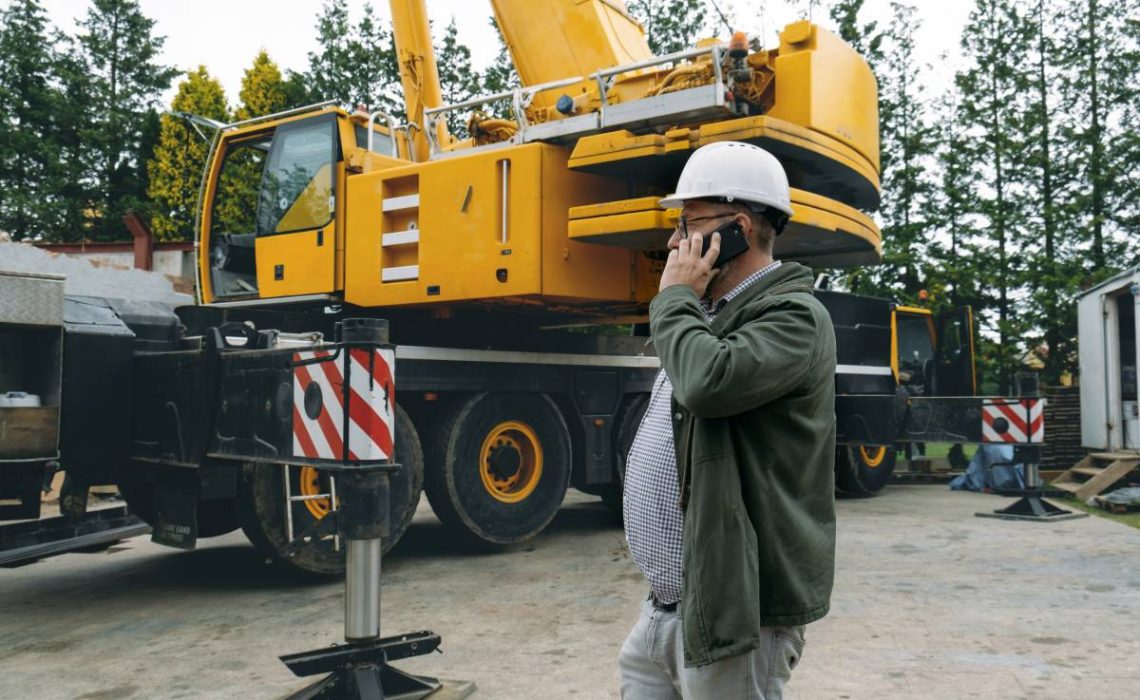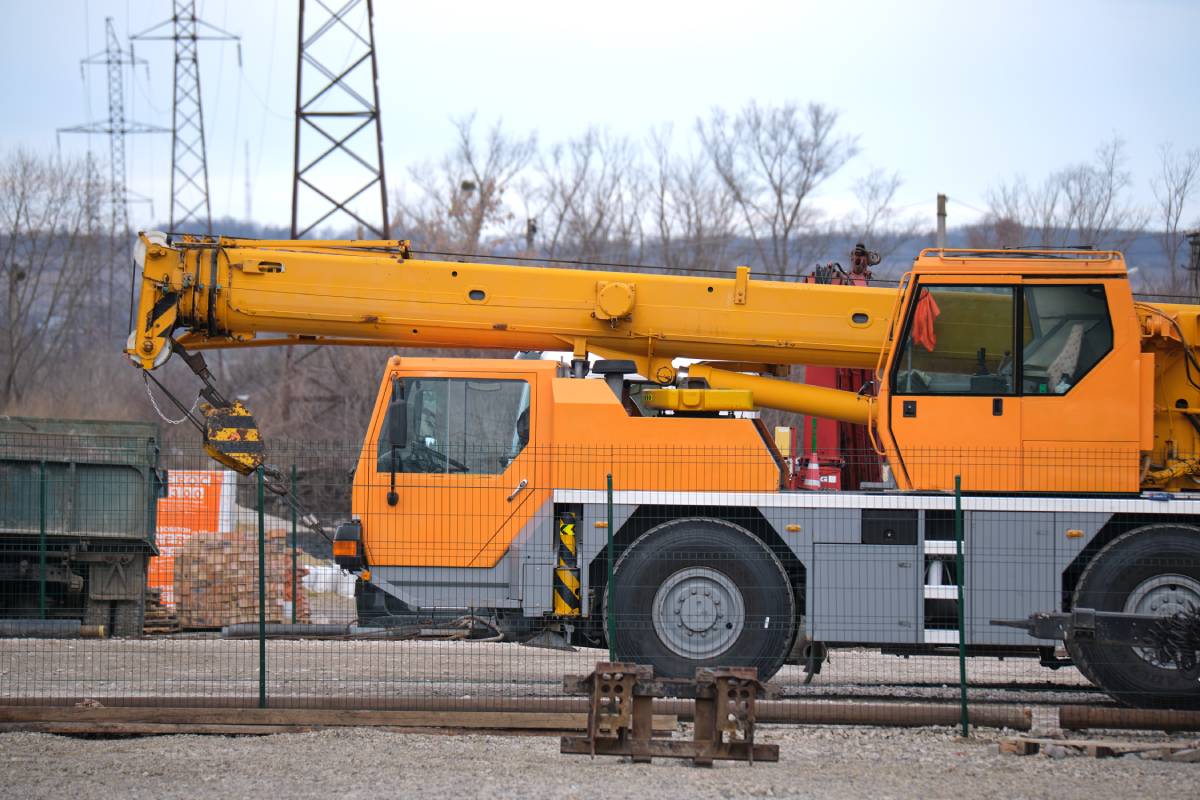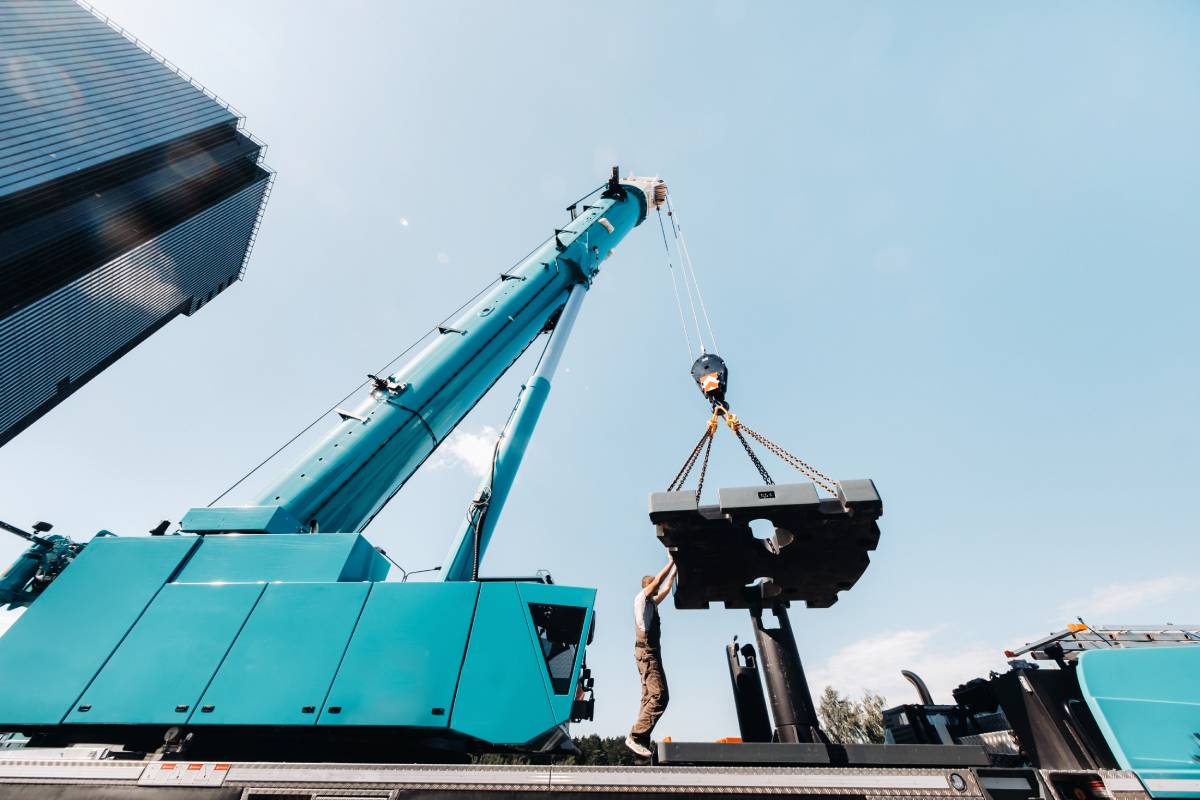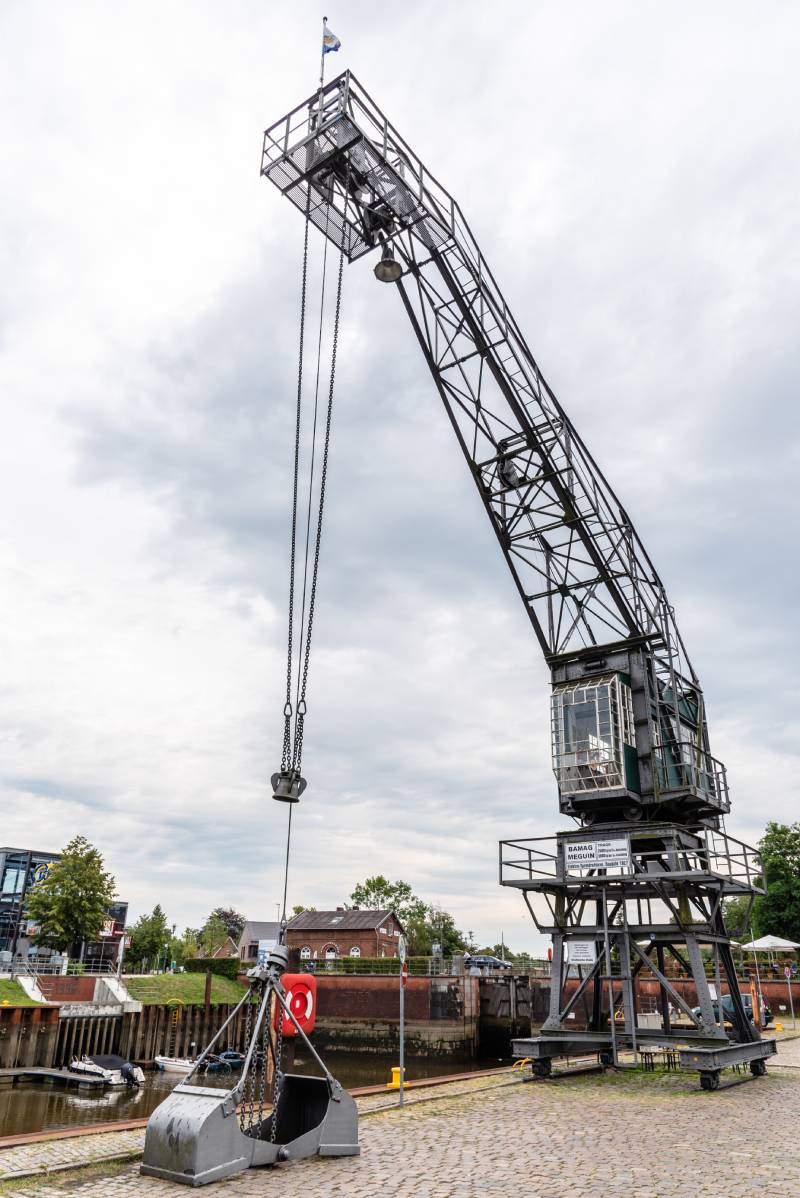
Cranes are top-notch for shifting hefty loads across different projects. Renting them is the most straightforward way to access various crane types without buying.
You can rent cranes either through a nationwide online rental network or a nearby crane service. Sometimes, online networks connect you with local partners, combining the ease of online browsing with the convenience of dealing with a nearby company.
Before you rent a crane, check out:
- Average rental prices for cranes
- What factors influence rental costs
- The benefits of renting rather than purchasing a crane
You might also read:
How much does it cost to rent a crane in Australia?
Crane rental costs can vary significantly depending on several factors. While it’s difficult to provide an exact figure due to the diverse range of crane models and their unique features, understanding the general pricing range can help you make informed decisions.
Small mobile cranes, which are typically used for lighter loads and more accessible projects, often come with a rental price of around $200 per day. These cranes are versatile and can be manoeuvred into tight spaces, making them suitable for a variety of tasks.
On the other hand, larger operated cranes, capable of lifting heavier loads and requiring skilled operators, tend to have higher rental costs. It’s not uncommon for these cranes to command prices closer to $1,000 per day. These cranes are essential for more significant construction projects where precision and power are paramount.
For even larger projects that demand towering heights and immense lifting capacities, tower cranes are often the go-to choice. However, renting a tower crane can be a significant investment, with monthly rental fees reaching around $15,000. Tower cranes are commonly used in high-rise construction and other projects that require lifting materials to great heights.
In addition to the base rental price, it’s crucial to factor in additional costs that may arise during the crane rental process. These extra expenses can include:
Delivery and assembly: Many cranes, such as crawler cranes or tower cranes, need to be transported to the job site and assembled before they can be used. The costs associated with delivery and assembly can vary depending on factors such as distance, crane size, and site conditions.
Permits: Operating a crane often requires obtaining permits from local authorities. These permits not only come with associated fees but also require paperwork and approvals. It’s essential to budget for permit costs and ensure compliance with regulatory requirements.
Qualified personnel: Safety is paramount when operating cranes, which is why certified operators, riggers, and signal persons are essential. Hiring qualified personnel comes with its own costs, including wages and possibly additional training expenses.
Other fees: Depending on the specifics of the job, there may be additional fees involved. This could include expenses for disconnecting utility lines, drafting a lift plan to ensure safe operations, or paying for overtime if the project extends beyond regular working hours.




